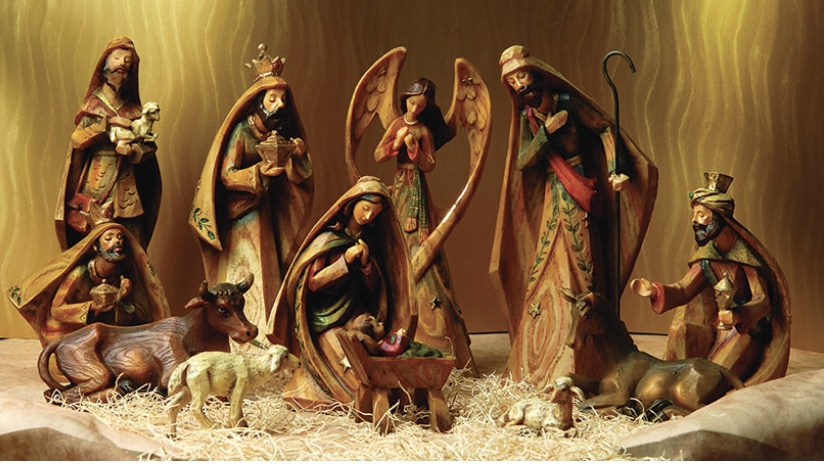SPOKANE, Wash. (RNS) — If you ask the Rev. Katy Fitz Shedlock, there is something wrong with the way Mary is portrayed in most church Christmas pageants.
She’s boring.
Mary is often played as the “most perfect, most boring girl,” said Fitz Shedlock.
“She’s just a silent prop up there, holding a baby and looking sweet,” she said. “But she’s way fiercer and more powerful than that.”
This Christmas the pastor is revamping the Nativity drama at Creator’s Table, a congregation she co-pastors in Spokane, to show off Mary’s fierce side.
Dubbed the “Deleted Scenes Christmas Pageant,” the play skips most of the traditional elements of the Christmas story. There are no wise men, no shepherds, no camels or sheep and no star in the sky.
Joseph is mentioned in the pageant but he’s offstage. And most of the events take place before the birth of Jesus.
Instead, the pageant, which portrays Mary as a modern, strong teenage woman, emphasizes a portion of the Christmas narrative called the Magnificat.
Also known as the Song of Mary, the Magnificat is found in the Gospel of Luke, when Mary visits her relative Elizabeth, who is pregnant as well.
In the first part of the Magnificat, Mary gives praise for being chosen to mother Jesus. In the second half, though, her message changes, said Robert Tannehill, emeritus professor at Methodist Theological School in Ohio.
“She talks about God overthrowing human rulers and overturning society and showing strength against the proud and the rich,” he said. “Mary is important for her role as the mother of the Messiah, but is also a representative of the people of low status, the oppressed.”
The Rev. Jonathan Myers, co-pastor of Creator’s Table, agrees.
“Her tone is often meek and mild, but she’s talking about overthrowing the system,” Myers said.
[Editor’s Note: This article was written by Tracy Simmons and originally published at Religious News Service]











